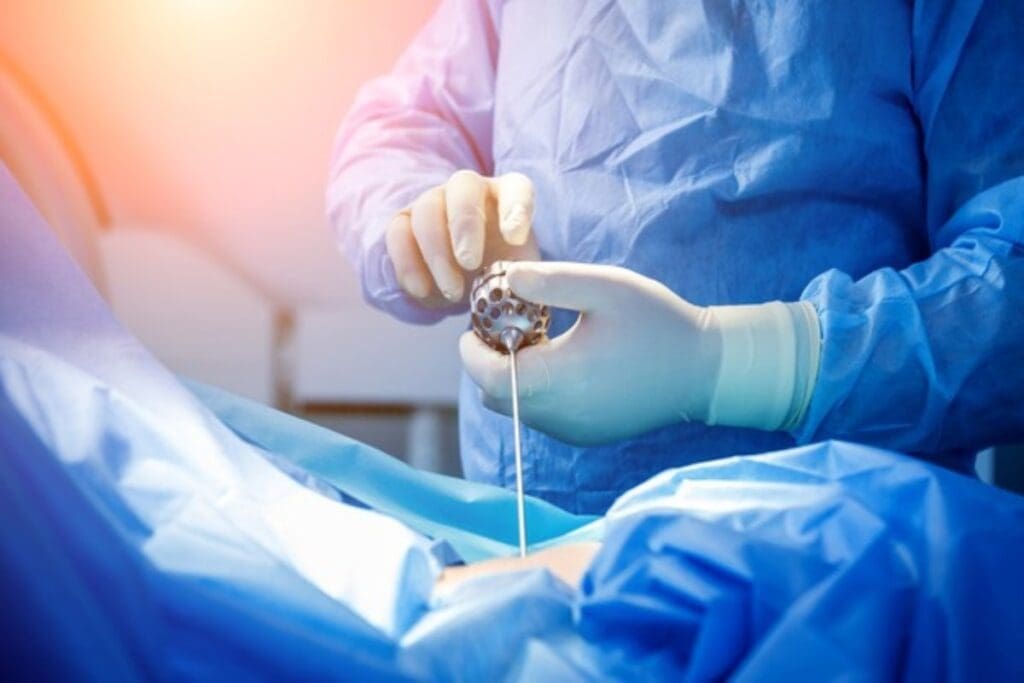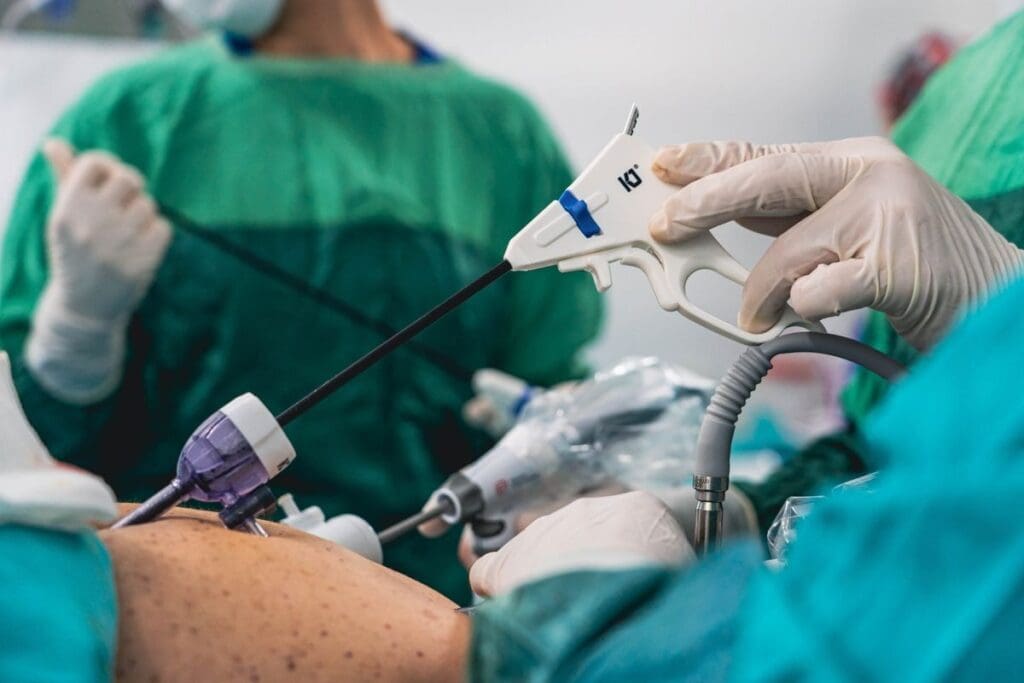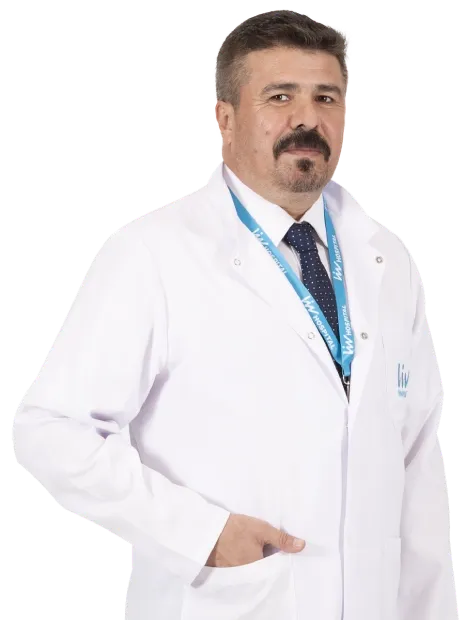Parents worry about their child’s recovery after hernia surgery. Kids usually get better fast, going back to normal in 1 to 2 weeks.

The first few days after surgery are key. Your child might feel pain, tiredness, and less energy. We’ll help you through the recovery process. It’s important to follow the care instructions closely for a quick recovery.Understand the typical recovery timeline for a child after hernia surgery. Get essential tips for a smooth recovery from inguinal hernia surgery.
After a few days, most kids start to feel better. They get a lot better in 7 days. For weeks, they might feel some discomfort or pulling in the hernia repair area when they move.
Key Takeaways
- Children typically recover from hernia surgery within 1 to 2 weeks.
- Initial post-surgery days are critical for managing pain and discomfort.
- Following specific care instructions is vital for a smooth recovery.
- Most children feel significantly better within 7 days post-surgery.
- Some discomfort may persist for several weeks after surgery.
Understanding Pediatric Hernia Surgery Recovery Timeframes
The time it takes for a child to recover from hernia surgery depends on several things. These include the type of hernia and the child’s age. Generally, kids are expected to get better in a certain time frame. But this can change based on the surgery method and the child’s health.

Typical 1-2 Week Recovery Period
Most kids take about 1 to 2 weeks to fully recover from hernia surgery. Studies show that recovery time averages 8–12 hours for simple laparoscopic repairs. This means kids can get better quickly with this type of surgery.
Age-Related Recovery Differences
The age of the child affects how fast they recover. Infants and younger children might heal at a different pace than older kids. For example, an inguinal hernia in infants needs close monitoring after surgery.
Types of Hernias in Children
The most common hernia in kids is the inguinal hernia. It happens when there’s an internal opening in the inguinal canal. Both boys and girls can get inguinal hernias, but they’re more common in boys. Knowing the type of hernia helps predict how long recovery will take.
The Hospital Stay: What Parents Can Expect
Knowing what to expect when your child is in the hospital after hernia surgery is key. It can make a big difference in your experience. We’re here to help you through this tough time.
Children usually stay in the hospital for 1 to 2 days after surgery. We watch their recovery closely and help with any pain. They might get medicine to numb the area where they were cut.
Average Hospital Stay
Most kids stay in the hospital for 1 to 2 days after hernia surgery. This lets us make sure they’re getting better and catch any problems early.
| Age Group | Average Stay | Typical Recovery |
| Infants (0-12 months) | 1-2 days | Close monitoring for complications |
| Children (1-12 years) | 1 day | Observation for pain management |
Discharge Criteria
We decide when it’s time to go home based on several things. These include how well your child is doing, how much pain they’re in, and if they can do basic things. We make sure you’re ready to take care of them at home.
Key discharge criteria include:
- Stable vital signs
- Effective pain management
- Ability to tolerate oral fluids
- No signs of complications

Understanding what to expect in the hospital helps you prepare for your child’s recovery. We’re here to support you every step of the way.
Recovery from Inguinal Hernia Surgery: Week by Week
Knowing how to help your child recover from inguinal hernia surgery is important. The journey to full recovery has key milestones in the first weeks.
First 24-48 Hours After Surgery
The first 24-48 hours are very important. Rest is key during this time. Encourage your child to sleep when they’re tired.
Also, tell them to walk a bit more each day. Walking helps blood flow and prevents problems like pneumonia and constipation.
“Rest and gentle movement are key to a smooth recovery,” pediatric surgeons say. Following this advice can greatly help your child’s recovery.
Days 8-14: Return to Normal Activities
As we move into the first and second weeks, kids start getting back to normal. Most kids can get back to their usual routine 1 to 2 weeks after surgery. It’s important to watch how they’re doing, manage their pain, and look out for any signs of trouble like swelling or infection.
Some kids might have swollen testicles after a hernia operation or post-hernia surgery scrotal swelling. Keep a close eye on these symptoms.
Complete Recovery Milestones
Full recovery means more than just getting back to normal activities. It means the body has fully healed. Parents should know the complete recovery milestones, like when swelling goes down, appetite returns, and physical activities can be done without pain.
It’s also important to follow up with the surgeon to make sure everything is going well.
As a medical expert says, “The success of recovery isn’t just about the surgery. It’s also about the care and monitoring after surgery.”
Laparoscopic vs. Open Surgery: Recovery Differences
Choosing between laparoscopic and open surgery for hernia repair in kids affects recovery. We’ll look at the benefits and differences to help parents know what to expect.
Benefits of Minimally Invasive Procedures
Laparoscopic surgery, or minimally invasive surgery, has many benefits for kids. Faster recovery times and less post-operative pain are key advantages. This is because it uses smaller incisions, causing less damage and trauma.
The benefits of laparoscopic procedures include:
- Smaller scars
- Reduced risk of infection
- Less post-operative pain
- Faster return to normal activities
Recovery Advantages of Minimally Invasive Techniques
Children who have laparoscopic hernia repair recover faster than those with open surgery. The smaller incisions mean less swelling and bruising. This is good for avoiding complications like swelling testicles after hernia surgery.
The surgery takes about 45 minutes. But recovery from anesthesia can take hours. Risks like infection, bleeding, and recurrence are rare, happening in less than 1% of cases. Knowing this helps parents prepare for their child’s recovery from hernia surgery.
In conclusion, laparoscopic surgery has many benefits over open surgery for kids with hernias. It leads to faster recovery and fewer complications. Understanding these differences helps parents support their child during recovery.
Special Considerations for Infants and Premature Babies
Infants and premature babies need special care after hernia surgery. Their bodies are different, so we must tailor their care. This ensures they get the best help possible.
Recovery Timelines for Newborns
Newborns, under 12 months, heal differently from older kids. Studies show they might only need a half-day in the hospital. Before surgery, formula-fed babies can have formula up to 6 hours beforehand. Breastfed babies should nurse up to 4 hours before.
Managing Recovery in Premature Infants
Premature babies need extra care because their bodies are not fully developed. We watch them closely and adjust their care as needed.
Incarceration Risk
Infants face a higher risk of incarceration (8% vs. 4% overall). Quick surgery is key to preventing complications. Knowing this risk helps us prepare and prevent problems.
Timing of Surgery for High-Risk Neonates
Choosing the right time for surgery is important for high-risk neonates. We look at their health, other medical conditions, and incarceration risk. For premature babies, we decide on a case-by-case basis, weighing risks and benefits.
Key points for infants and premature babies after hernia surgery include:
- Watching their health and the surgical site closely
- Adjusting feeding schedules based on their needs and surgery guidelines
- Knowing the signs of complications like infection or incarceration
- Following up with healthcare providers as advised
Understanding these special needs helps us support infants and premature babies better. This way, we can ensure they have the best recovery from hernia surgery.
Managing Common Post-Surgical Symptoms and Complications
It’s important to manage symptoms and complications after hernia surgery in kids. While serious issues are rare, knowing them can help. Infections and recurrence each happen in less than 2% of cases.
Pain Management Strategies
Managing pain well is key to a smooth recovery. Always follow your doctor’s advice on pain medicines. This ensures your child stays comfortable during healing.
Good pain management also lowers anxiety and stress. If you have questions or notice side effects, talk to your doctor right away.
Watching for Signs of Infection
Keeping an eye out for infection signs is vital. Even though it’s rare, being alert is important. Look for redness, swelling, more pain, or fever at the surgery site.
If your child shows these signs, call your healthcare provider fast. Quick action can stop serious problems. Always finish antibiotics as told, even if your child feels better early.
Recognizing Hernia Recurrence Warning Signs
Hernia coming back is rare, but knowing the signs is key. Look for a new bulge, pain, or symptoms like before. These could mean a hernia is coming back.
If you see these signs, talk to your child’s healthcare provider quickly. They can check and guide you on what to do next.
Conclusion: Supporting Your Child Through Hernia Surgery Recovery
Recovering from hernia surgery is easier with the right care and support. Children can heal well and fast from inguinal hernia surgery. Knowing about pediatric inguinal hernia repair and childhood inguinal hernia is key for parents.
At Livhospital.com, we aim to offer top-notch care and support to international patients. We stress the need for follow-up care in your child’s treatment. Make sure to keep all appointments and call your doctor if your child faces any issues during recovery.
By following our advice, you can help your child get the best care during their recovery. We’re dedicated to delivering world-class healthcare. Our goal is to improve care by being ethical and value-driven.
FAQ’s:
How long does it take for a child to recover from hernia surgery?
Children usually take 1 to 2 weeks to fully recover from hernia surgery. The recovery time depends on the type of hernia and the child’s age.
What are the typical recovery milestones after inguinal hernia surgery?
At first, kids need to rest and manage their pain. As they get into the first and second weeks, they start doing normal things again.
How long do children typically stay in the hospital after hernia surgery?
Kids usually stay in the hospital for 1 to 2 days after surgery. They get to go home when they’re healthy, pain-free, and can do basic things.
What is the difference in recovery between laparoscopic and open surgery for hernia repair?
Laparoscopic surgery is less invasive. It leads to quicker recovery and fewer problems compared to open surgery.
How does the age of the child affect the recovery from hernia surgery?
Babies and premature kids need special care during recovery. Their recovery times are different from older kids.
What are the possible complications after hernia surgery in children?
Rare complications include infection, recurrence, and swelling. It’s important to manage pain well and watch for these signs.
How can I manage my child’s pain after hernia surgery?
We provide tips for managing your child’s pain. This helps them feel comfortable while they recover.
What are the signs of infection after hernia surgery that I should watch for?
Look out for redness, swelling, and more pain. Watching for these signs is key to a safe recovery.
Can hernia recurrence occur after surgery?
Yes, recurrence is a possible complication. Knowing the warning signs, like a new bulge or pain, is important for quick medical help.
What is the risk of incarceration in infants with inguinal hernias?
Infants face a higher risk of incarceration, about 8%, compared to the overall 4% risk.
How will I know if my child is recovering normally from hernia surgery?
By keeping an eye on their progress, managing pain, and watching for complications, you can tell if they’re recovering well.
REFERENCE:
- Morini, F. (2022). Surgical management of pediatric inguinal hernia. Retrieved fromhttps://pubmed.ncbi.nlm.nih.gov/33567466/
- Tiryaki, T. (1998). Operative complications of hernia repair in childhood. Retrieved fromhttps://pubmed.ncbi.nlm.nih.gov/9563033/
- Bharathi, R. S. (2008). Pediatric inguinal hernia: Laparoscopic versus open surgery. Retrieved fromhttps://pmc.ncbi.nlm.nih.gov/articles/PMC3015882/
- Al-Taher, R. N. (2021). Is the open approach superior to the laparoscopic hernia repair in children? A comparative study. Retrieved fromhttps://pmc.ncbi.nlm.nih.gov/articles/PMC8517708/



































